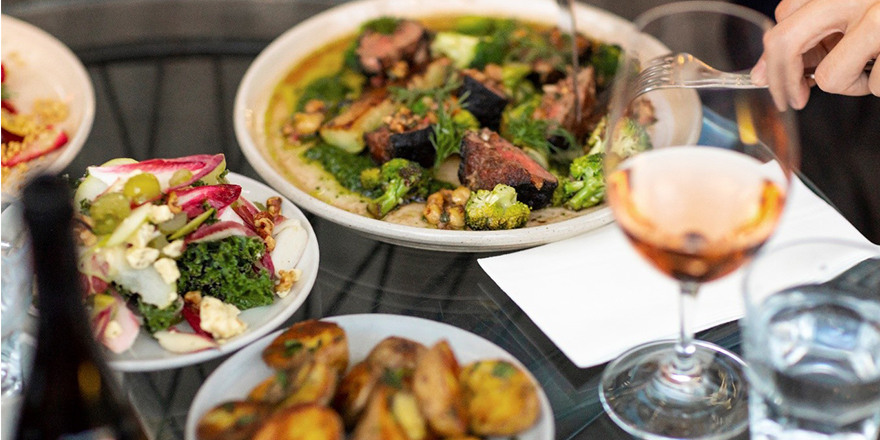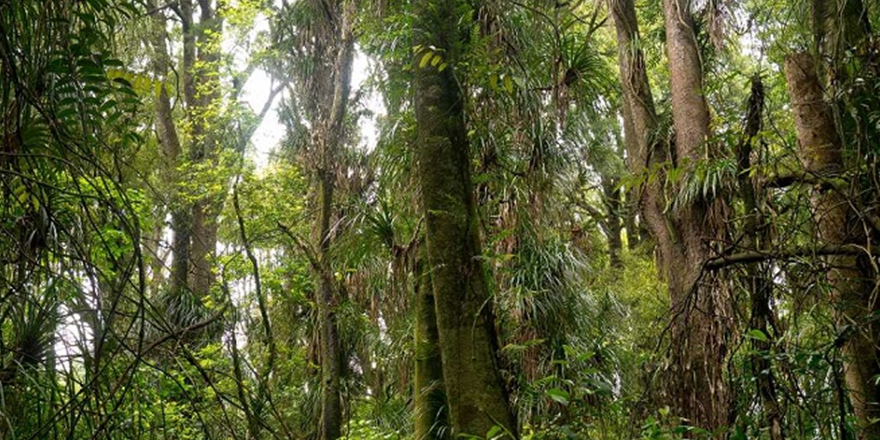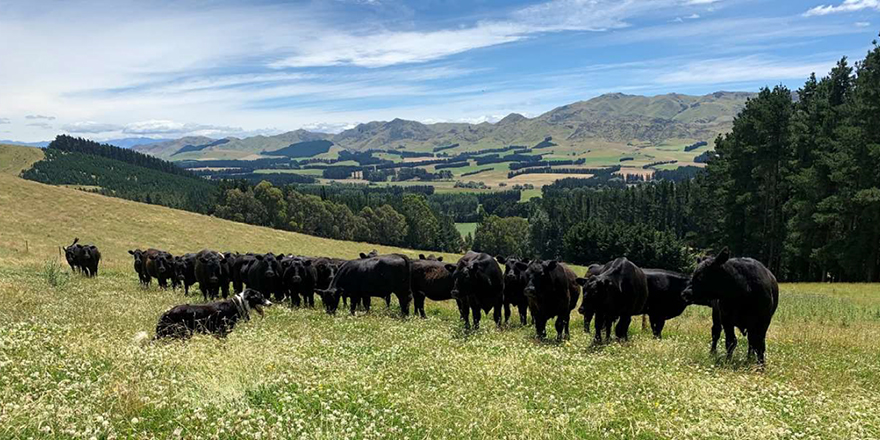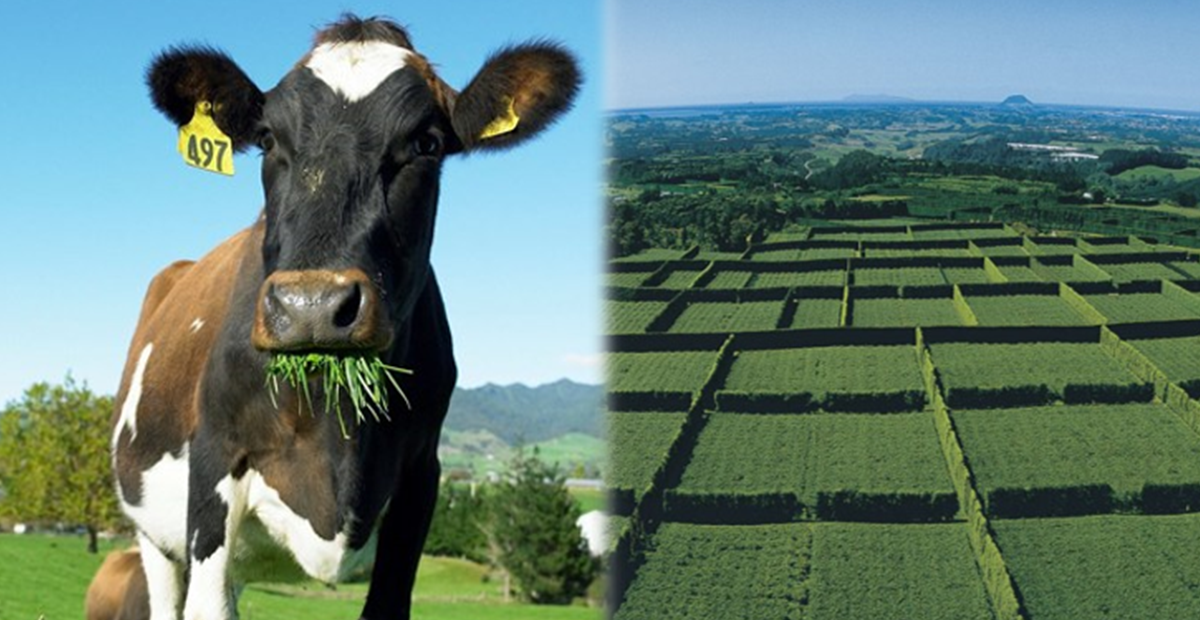
Executive summary
New Zealand has a unique position in the global market for its agri-food exports. Farming systems are world class in producing high quality, safe and environmentally sustainable agri-food products.
Processors and manufacturers are readily working to leverage additional value from raw materials into value-add goods, utilising tangible product qualities and intangible assets of product and people in the form of technological and cultural IP.
Consumers base purchases on a decision-making framework influenced by functional value (price, quality), conditional value (available alternatives, discounts), social value (social/self image, social values) and emotional value (personal favouritism, brand loyalty, nostalgic factor).
Products must find themselves containing authenticated quality and credence attributes which hit these value markers in order to gain consumer response. Better understanding of what product quality and credence attributes consumers desire is critical.
- Continual data collection is a necessity to enable NZ agri-food producers and exporters the best chance at maximising consumers’ willingness to purchase. Without up to date data from markets on attitudes towards credence attributes, products may not be successful despite meeting functional and conditional values.
Authentication of attributes should be sought by global or locally recognised and reputable agents. By holding authenticated and verified quality and credence attributes consumers are willing to pay a premium on standard pricings for similar products.
Natural variability of willingness to pay increased price and willingness to purchase based on credence or quality attributes is market specific.
- NZ should strive for globally recognised authenticators to be NZ companies or be NZ based. This aligns with the desire for NZ agri-food producers to operate under the highest standards of production in the world and attract off-shore brands for authenticating product to the NZ economy. The need for a NZ based globally recognised authenticator could either be offset or work in conjunction with a national provenance authentication marker. There has been lack of leadership from MPI and NZTE in implementing such a tool, leaving NZ agri-food exporters without a bona fide COO provenance marker, creating a fragmented marketing space for NZ product. It has left the NZ brand open to counterfeiting, damaging the reputation of NZ agri-food producers.
The New Zealand Government is mechanising change to production systems and product procurement through public policy, such as the National Policy Statement for Freshwater 2020 and Emissions Reduction Plan. Which is acting upon domestic environmental outcomes, and capturing the desires of consumer sentiment of agri-food credence qualities.
The use of public policy as a gearing mechanism for private enterprise to leverage value from the market is a consequence of New Zealand’s reputation as a world leader in environmentally sustainable and quality assured agri-food producers.
- There has been a lack of effective communication from processors and manufacturers on the attitude of consumers toward credence and quality attributes. This oversight may be affecting their relationship with producers and suppliers over system changes that are required due to change in public policy. This can be overcome by making data more visible to producers and suppliers. It will enable a better understanding of the relationship between market demands and auditing requirements from processors and public policy.




